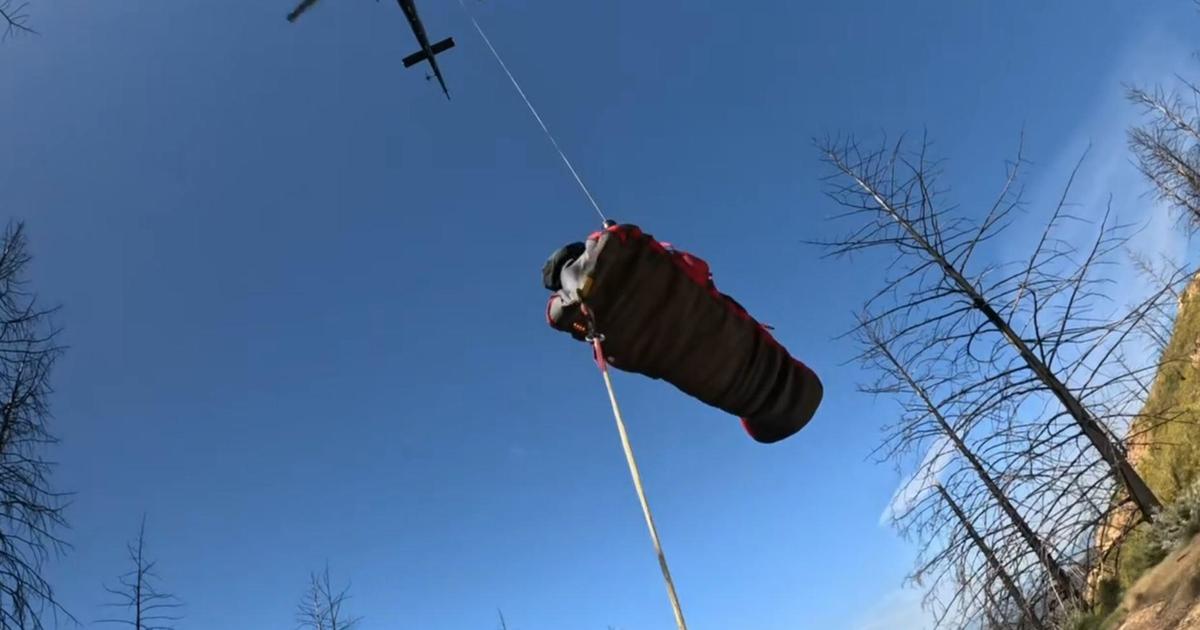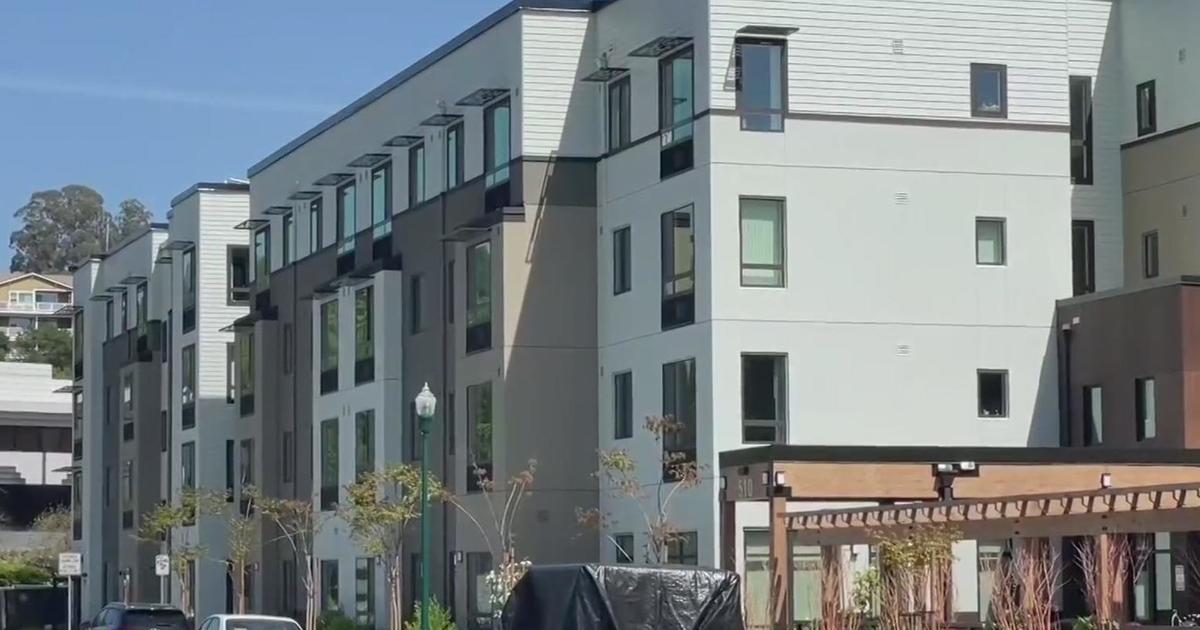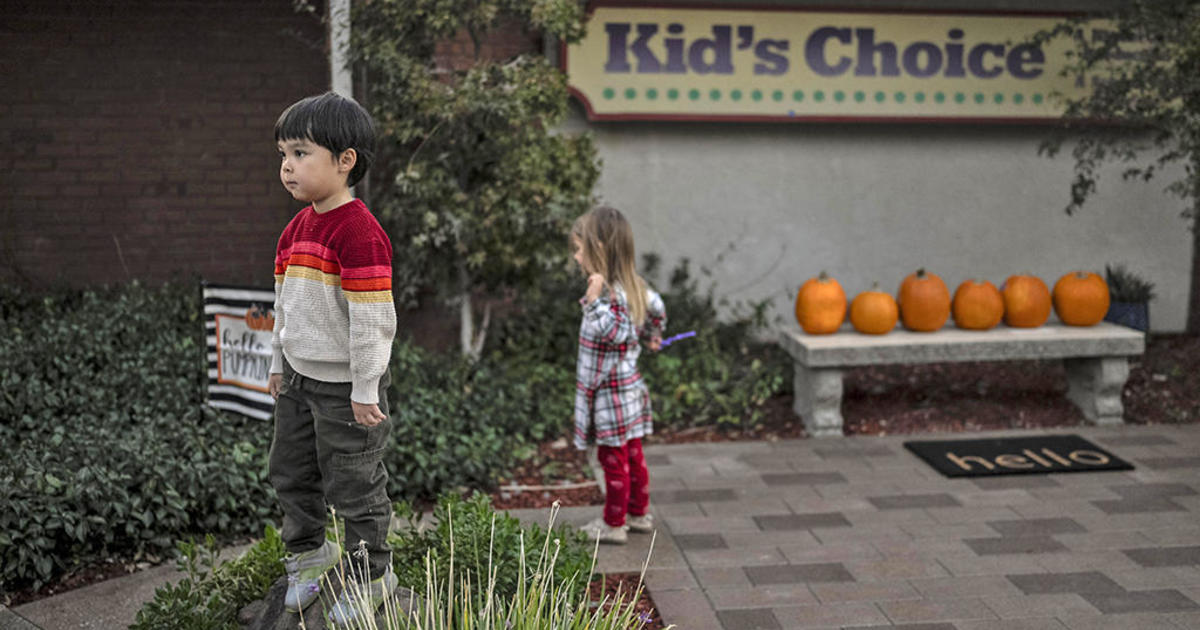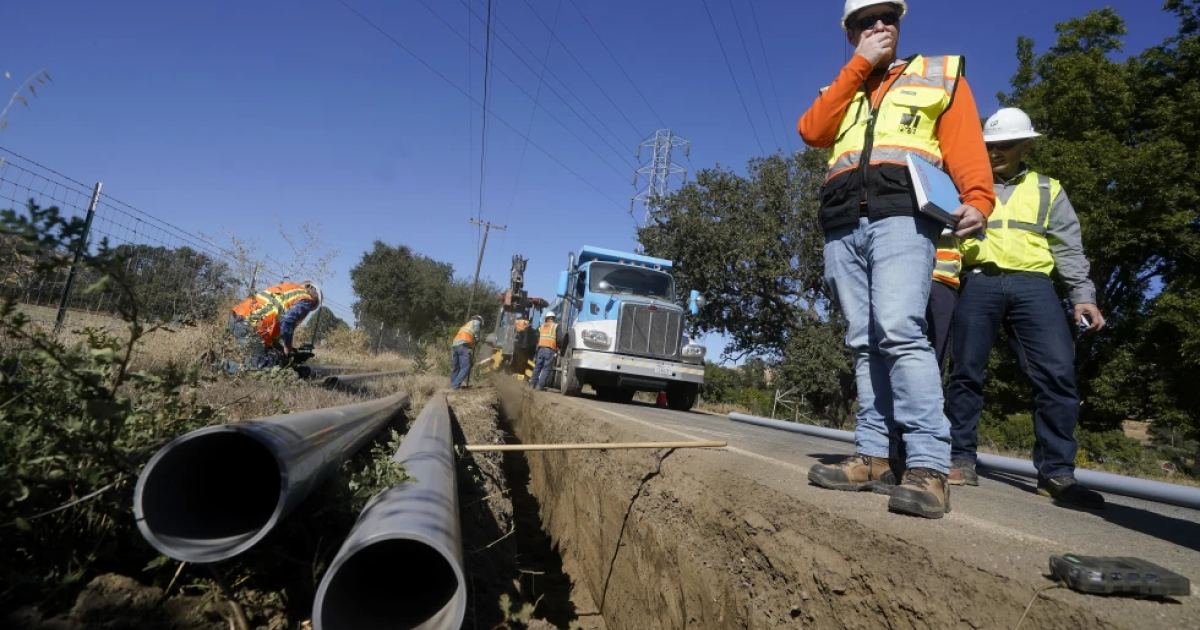Group Touts Ambitious Plan For Plug-In Cars In California
LOS ANGELES (AP) -- An alliance of automakers, utilities, regulators and clean-air advocates released an ambitious plan Monday to make California a national leader in accommodating electric vehicles by making charging terminals available in thousands of homes, office buildings, shopping malls and other sites within the next decade.
The California Plug-In Electric Vehicle Collaborative touted its plan after the first-ever Nissan Leaf, a mass-market, all-electric car, was delivered to a customer in Redwood City over the weekend.
Meanwhile, the first 150 Chevrolet Volts left a Detroit auto plant on Monday and were expected to arrive in California showrooms in the coming days.
Work is under way in the state to upgrade existing charging terminals and install thousands more to accommodate electric vehicles.
One company is even developing a network of "switching stations" where motorists can pull in and swap out their spent batteries.
"All eyes are on California. It will host without question the largest rollout, the greatest numbers of EVs in the country, and it will also have the charge and switch infrastructure," said Jonathan Read, president of Ecotality, which will soon begin installing 1,600 public charging stations in San Diego and Los Angeles that resemble a giant iPod with a cord and plug attached.
The plan, which supporters believe could serve as a model for other states, outlines steps to get charging stations easily installed at homes and then in high-traffic public areas and apartment buildings to encourage drivers to switch from gasoline-powered vehicles to plug-in electric vehicles.
The collaborative hopes to provide a positive experience for early owners of electric vehicles so they can spread the word. Its goal is to see a million plug-in hybrid and battery-powered cars in the state by 2020.
The plan recommends making installation of home charging stations affordable by offering rebates from the state and regional air quality districts. To further lower costs, the state could reduce registration fees for battery-powered cars, and utilities could offer cheaper charging rates during off-peak hours when there is less demand on the electric grid.
"We want the whole process from getting the charger, figuring out which one to get, getting it installed, having it operate, all of that to be a seamless, easy exercise because in a sense you're replacing the gas station with the charger in your house," said Ted Craver, chief executive of Edison International, the parent company of Southern California Edison.
Businesses and municipalities should get incentives to add plug-in vehicles to their fleets, thereby exposing workers to the technology, the plan said.
When automakers first trumpeted battery-powered cars in the 1990s, California installed about 1,300 public charging stations at homes and in public places. Those stations mostly went unused when carmakers pulled the plug on some of their early electric models.
The California Energy Commission said it is upgrading those stations to meet new industry standards and accommodate the latest plug-in electric vehicles.
The commission is helping to fund more than 4,000 residential and public charging stations through state funds. Additional money from the U.S. Department of Energy will go toward charging stations in San Diego, Los Angeles, the Bay Area and Sacramento.
Advocates said past efforts to introduce electric vehicles to the mainstream car market fizzled because gas prices were low, batteries were weak, and carmakers and utilities were not working together.
"This time is not going to be a repeat. You can say the last time was a dry run," said Roland Hwang, transportation program director of the Natural Resources Defense Council.
The unusual partnership between government, private companies, environmentalists and public health advocates is key to ensuring that electric vehicles will take off in California, said Mary Nichols, chairwoman of the California Air Resources Board.
"Nobody is forcing us to do this; it is actually all of us getting together and saying we all have a common stake in the success of this new market, what can we do to make that happen," Nichols said.
Automotive members of the collaborative include General Motors, BMW, Toyota, Nissan, Ford and Tesla Motors. The utilities include the Los Angeles Department of Water and Power, Pacific Gas and Electric, Sacramento Utility District, Southern California Edison and San Diego Gas and Electric. The regulators include the California Public Utilities Commission, the California Air Resources Board and the California Energy Commission.
(© 2010 The Associated Press. All rights reserved. This material may not be published, broadcast, rewritten or redistributed.)



